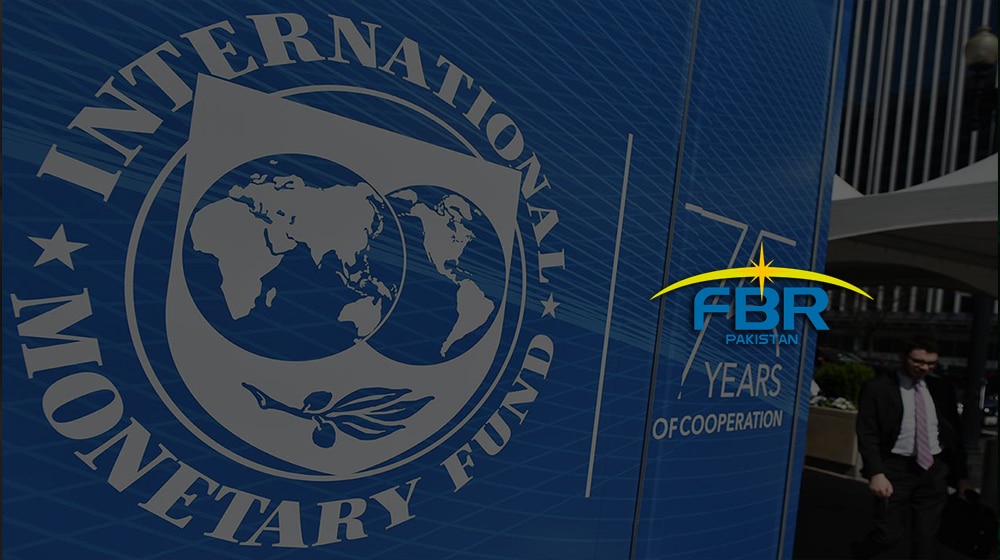The International Monetary Fund (IMF) has urged the Pakistani authorities that renewed efforts are needed to expedite execution of implementation of tax policy reforms in the Federal Board of Revenue (FBR).
The IMF staff report titled, “Second and final review under the Stand-By Arrangement (SBA)”, issued on Friday stated that the implementation of some reforms started by the caretaker government have been delayed, and renewed efforts are needed to expedite their execution.
The plans to transform the FBR into a semi-autonomous Revenue Authority have been delayed so that an international consulting firm can be engaged for final reforms. Despite these setbacks, there has been progress in other areas, such as the passage of the documentation law mandating data sharing with the FBR and collaboration with NADRA to ensure secure data transmission.
It said that the anticipated launch of a scheme to register retailers and enforce filing and collection of their tax obligations, initially scheduled for January 1, 2024, has been postponed. The authorities published the Statutory Regulatory Order (SRO), which creates the legal framework for the scheme, on March 30, 2024. The first phase, involving registration, has started, and tax collection will begin by July 1, 2024.
The Compliance Risk Management team, which focuses on the identification and audit of high-risk cases, has identified 39 cases, with 31 audited, with projected additional revenues of at least Rs. 40 billion. Plans are in place to extend risk management training to local offices across provincial capitals and Islamabad. The framework for the digital invoicing system is established, though implementation challenges led to a second licensing round, expected to conclude by June 30, 2024.
The fund stated that the annual FBR revenue targets remain unchanged but there are risks of shortfalls in April and May 2024 due to holidays that will see port closures and weigh on revenue collection. Agreed contingency measures will be adopted should collections fall short. Additional efforts are also needed to meet the SBA’s revenue administration goals.
The report stated that efforts to collect additional revenue from retailers have been delayed, and challenges continue in the tobacco sector where, despite the mandatory implementation of track-and-trace systems, smuggling and clandestine production continue despite efforts to curtail informal production and imports. The FBR is expanding its track-and-trace system to additional commodities such as sugar, fertilizer, and cement to tighten control over informal markets in these sectors.
The FBR has, however, successfully registered 1.1 million new filers, from which 170,999 new returns have been obtained through enforcement measures, with the remainder coming voluntarily, it added.





















